Blood samples taken in Skripals' poisoning case could have been manipulated, MoD reveals
UK Defense Ministry documents have revealed that the blood samples taken in the poisoning case involving the Russian political dissident, Sergei Skripal, and his daughter Yulia, might have been manipulated, so that they would test positive for Novichok.
According to the newly released documents, the blood samples, which were taken as the main evidence for the investigation into the alleged poisoning of Skripals in Salisbury on 4th March 2018, lacked a clear time line of collection.
In addition, Defense Ministry’s documents show that Russia was not the only country in the world that could be related to the nerve agent Novichok.
According to the UK Defense Ministry document, there is no information as to when exactly (date and time) the blood samples were collected. Hence, these samples are inadmissible evidence in court as without a proper chain of custody the samples could have been manipulated and contaminated with Novichok, the documents say.
British and American intelligence officials have accused Moscow of involvement in the botched deadly poisoning attempt. However, the Kremlin has vehemently rejected any involvement, saying the substance could have originated from the countries studying Novichok, including the UK itself.
Ten years prior to the Skripals attack, the United States covered up its Novichok program disguised as the Fourth-Generation nerve Agent research (FGA) and blocked the Organization for the Prohibition of Chemical Weapons (OPCW).
The new revelation by the Ministry of Defense (MoD) questions the accuracy of the main evidence that the Skripals were poisoned with Novichok. The ministry is in charge of the British military laboratory DSTL Porton Down, which analyzed the Skripals “clotted blood samples” and reported “the presence of a ‘Novichok’ class nerve agent or closely related agent.”
“Our searches have failed to locate any information that provides the exact time that the samples were collected”, the ministry wrote in the document of Freedom of Information Act.
The MoD indicated that the samples were collected at some point between 16:15 on 4 March 2018 and “approximately” 18:45 on 5 March 2018, without mentioning the exact time when the samples were collected and where they were held in the meantime before taking to the main Porton Down site.
The lack of this information is gross violation and breach of the proper chain of custody (CoC), which directly suggests that they could have been manipulated and contaminated with Novichok.
The chain of custody is the most critical process of evidence documentation, which refers to the system of controls governing the collection, processing and storage of samples. These controls reduce the potential for samples to be accidentally or maliciously tampered with.
Meanwhile, a leading British toxicologist who wished to remain anonymous for security reasons, depicted the lack of protocol as “very sloppy or clandestine,” saying that “in a normal blood draw, the donor would sign the [Custody] seal, which is placed over the vials. In this case, with the donors apparently unconscious, then the phlebotomist would do the signing, and be able to later verify his/her signature on the seal. As we don’t know when, or possibly where the samples were taken, it would be difficult to prove that the seals were in fact the original seals.”
Back on March 4, British authorities said that Skripal, 66, and his 33-year-old daughter, Yulia, had been hospitalized after they were found unconscious on a bench outside a shopping center in the city of Salisbury.
Days later, they announced that both victims had been exposed to Novichok, a highly lethal chemical weapon purportedly developed under a secret Soviet program, accusing Moscow of carrying out the attack yet declining the Kremlin’s request for a sample of the chemical agent.
Iran destroys main command building, headquarters of US air base in Bahrain
US embassy in Saudi capital set ablaze after drone attack: Riyadh
Saudi Arabia, Qatar foiled Mossad bombing plots on their soil: Tucker Carlson
Iran's firm response will last as long as attacks do: Envoy
Shedding of American, Iranian blood on ‘Israel firsters’: Iran FM
Iran condemns IAEA inaction as US-Israeli aggression targets nuclear facilities
Iran FM: Kuwait must answer what US aircraft were doing in its airspace if it downed them
IRIB chief says Tehran compound hit in Israeli-US aggression, broadcasts continue


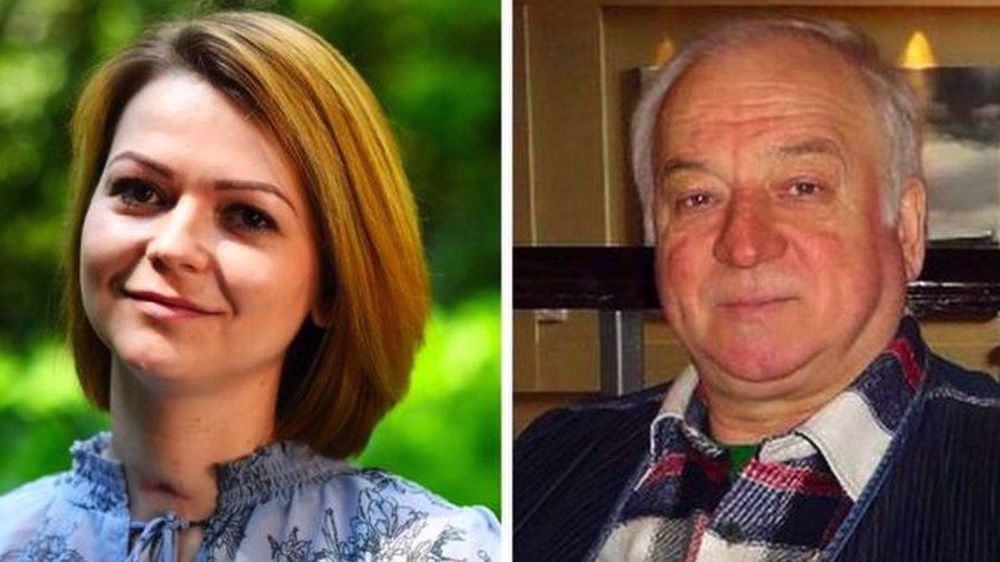
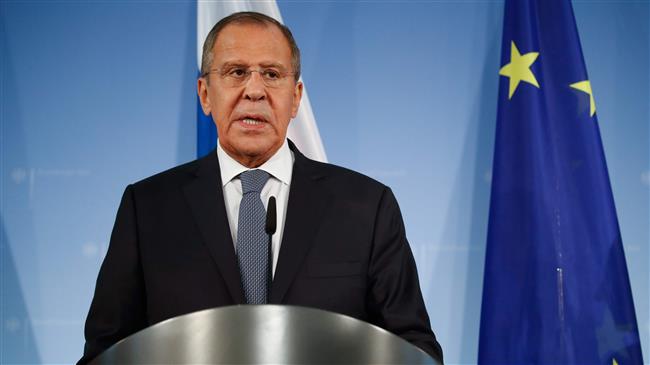

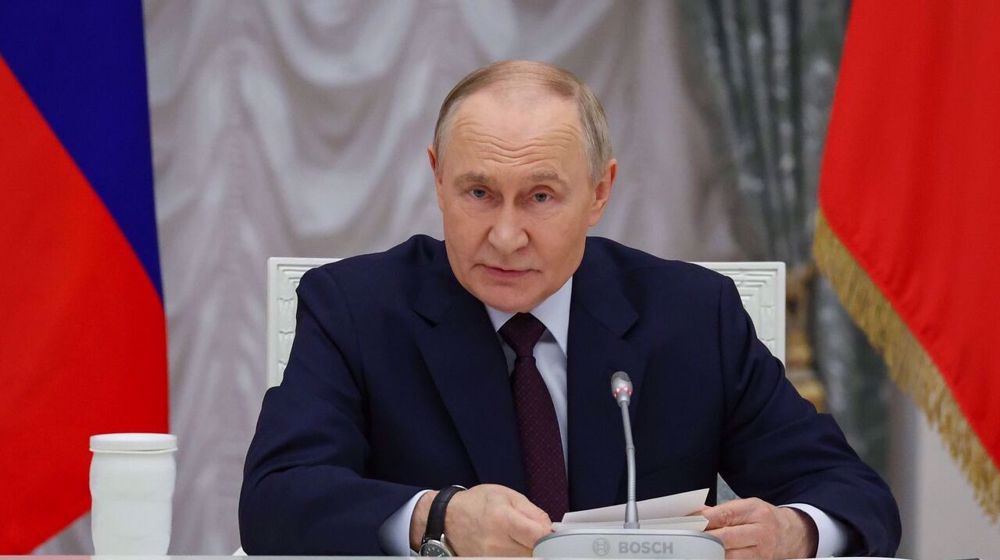
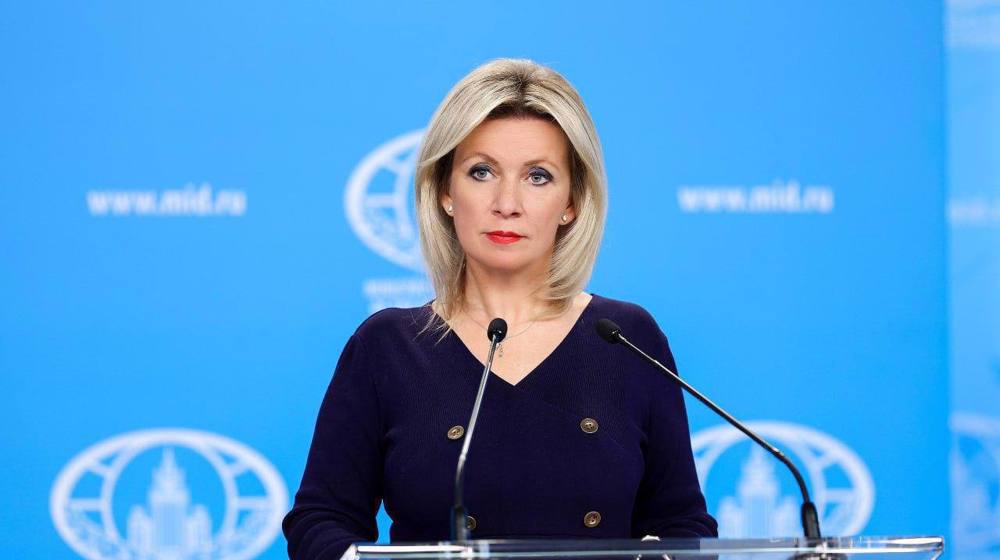
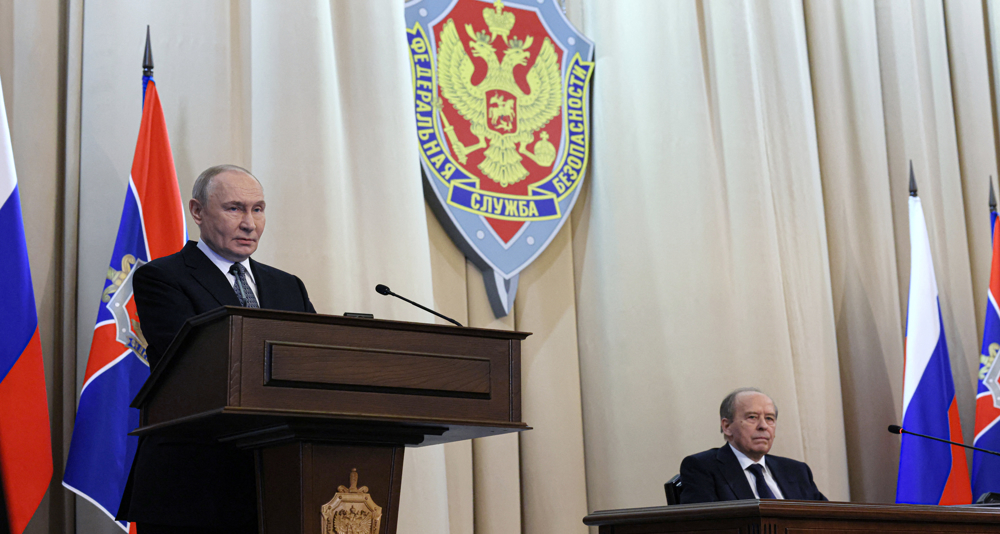




 This makes it easy to access the Press TV website
This makes it easy to access the Press TV website